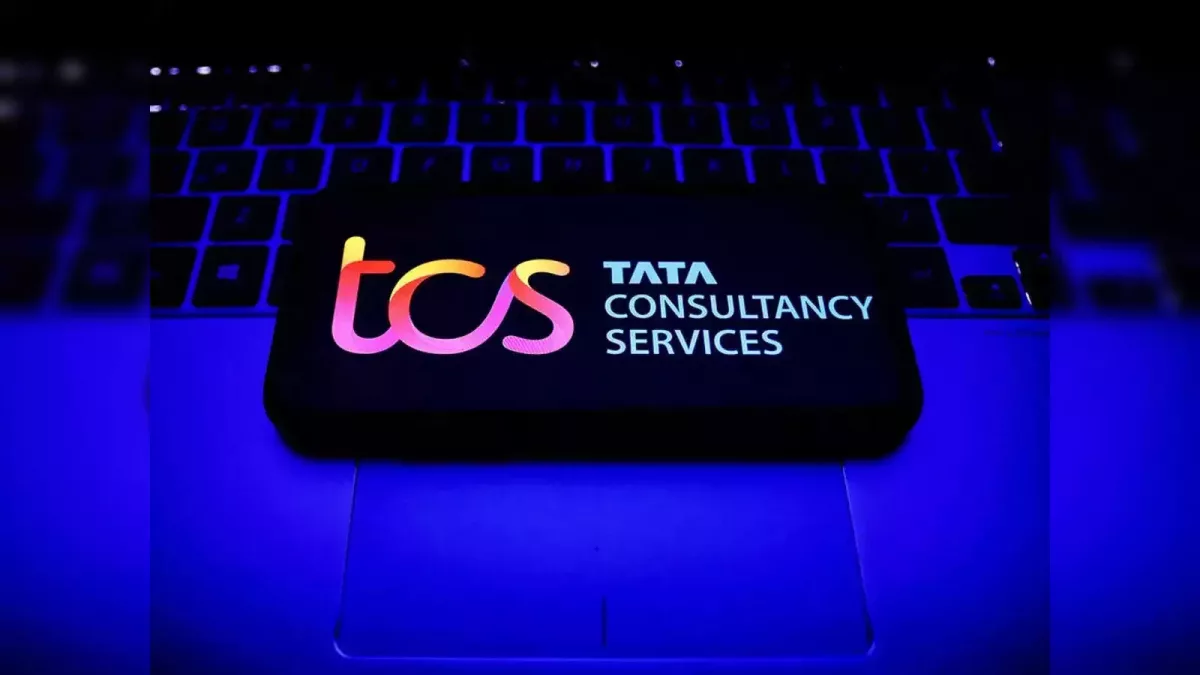

Tata Consultancy Services (TCS) has introduced a new policy that significantly alters the landscape for its employees regarding their time spent on the "bench." Effective June 12, 2025, the new directive caps the annual bench period to a maximum of 35 business days. This move signals a notable shift in TCS's approach to workforce management, emphasizing productivity and continuous upskilling.
Traditionally, the "bench" in IT services refers to the period when an employee is not actively assigned to a client project. This time can be used for reskilling, internal projects, or awaiting new assignments. However, TCS's updated policy aims to minimize this unallocated time, pushing for greater workforce utilization. Under the new guidelines, TCS associates are expected to be billable for at least 225 business days annually.
Several factors contribute to this policy change. TCS seeks to optimize employee productivity and align individual performance with organizational goals. The company aims to ensure associates are consistently engaged and contributing to revenue-generating projects. By reducing bench time, TCS can enhance overall efficiency and better meet client demands in a competitive market.
One of the key implications of this policy is the emphasis on continuous learning and upskilling. Employees who find themselves on the bench for any part of the 35-day period are required to participate in mandatory upskilling initiatives. These may include structured internal learning modules, certifications, or involvement in internal projects. TCS provides various platforms such as iEvolve, Fresco Play, VLS, and LinkedIn for associates to dedicate 4-6 hours daily for learning during their unallocated time. The goal is to ensure that employees remain interview-ready and possess the skills needed for rapid deployment when new opportunities arise.
Another significant change is the mandatory work-from-office (WFO) requirement for those on the bench. This marks a departure from the hybrid and remote work culture that TCS, like many IT companies, had adopted during and after the COVID-19 pandemic. By mandating physical presence, TCS aims to increase accountability and facilitate engagement in structured upskilling programs. This also enables better monitoring of upskilling progress and ensures employees are readily available for reassignment.
The new policy has potential implications for employee compensation and career growth. According to the policy document, "Long periods of remaining unallocated shall adversely impact associate compensation, career growth, avenues of overseas deployment in future, and continuity of employment with the organization." This suggests that employees who frequently exceed the 35-day bench limit may face negative consequences in their performance reviews and overall career trajectory within TCS.
TCS's Resource Management Group (RMG), headed by Chandrasekaran Ramkumar, plays a crucial role in implementing and overseeing the new policy. The RMG is responsible for workforce deployment, ensuring the right talent is matched with the right projects. They also monitor employee allocation and provide support to those seeking new assignments. Employees are expected to proactively engage with the RMG to find suitable opportunities and take initiative in their redeployment.
While the policy aims to improve workforce utilization, it also places a greater responsibility on employees to actively manage their careers and skills. Associates are encouraged to network, seek internal opportunities, and continuously update their skill sets to remain competitive and avoid prolonged bench time. Infrequent and short-term project allocations are discouraged and may lead to HR investigations, indicating a preference for stable and long-term project assignments.
This new bench policy reflects a broader trend in the IT industry to optimize resource allocation and enhance productivity. By limiting bench time and emphasizing continuous learning, TCS aims to create a more agile and efficient workforce capable of meeting the evolving demands of the global IT market.